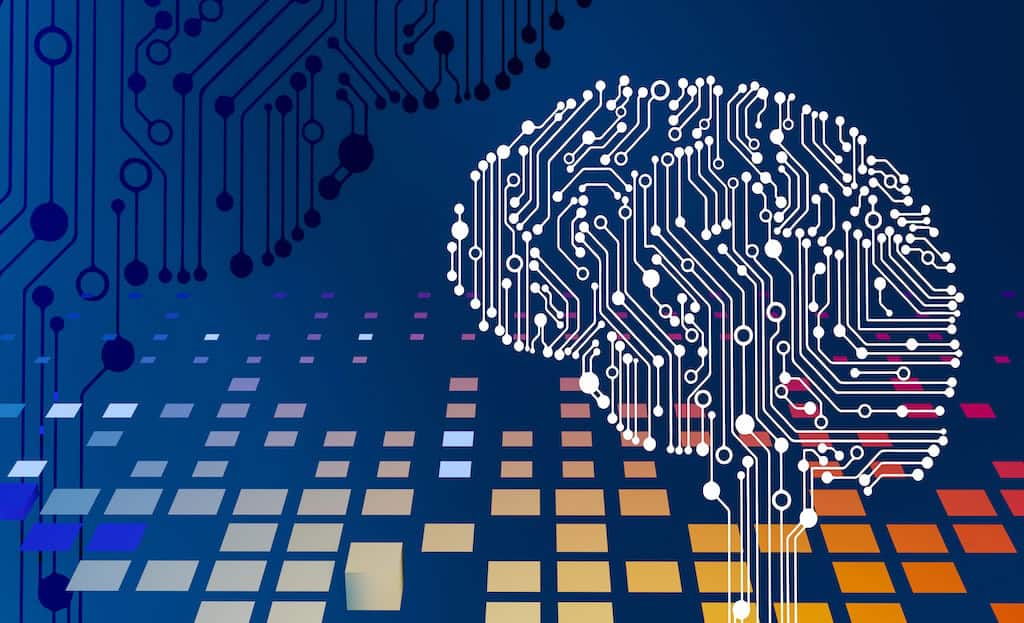The Death of Depth: How the Cult of ‘Easy’ Is Hollowing Us Out
We’re being sold a lie—and most people are buying it before it’s been tested.
The rise of AI, apps, and automation is cloaked in shiny promises: save time, make money faster, live your “best life” while someone—or something—else does the hard stuff. Sounds appealing, right? But there’s a dark undercurrent to this narrative. One that’s quietly dismantling our depth, our discipline, and our sense of self.
Let’s call it what it is: the myth that ease equals better.
We’re told that if we can outsource, hack, or skip the struggle, we’ll arrive at a richer, freer version of life. We are constantly sold the idea that there is an easier, cheaper, quicker way to get the same results; But that’s a dangerous distortion. Because doing the work—the messy, slow, frustrating, deeply human work—is where the magic actually lives. And we are rapidly forgetting that.
AI Won’t Save You—It’ll Starve You
I’m not anti-tech. I use it. But I’m not blind to what it’s doing to us.
As I write this article I’m conscious of formatting in small ‘soundbites’ because society has lost the ability to focus on long form paragraphs. Yes, our ability to do anything deep is diminishing faster than we can put a stop to it and the information we are being fed is that it will make us happier, yet people have never been more depressed.
Handing over your thinking, your research, your creative process to AI might give you a quick result, but it robs you of the transformation that only comes through effort. And that’s not a small loss—it’s the whole damn point. The process is the reward. Not the product.
Here’s some stats for you:
-
A 2023 global study by Kaspersky found that 74% of people are concerned that AI will make them dumber over time. Stating the obvious I know.
-
Teens who spend 3+ hours a day on social media are twice as likely to experience depression and anxiety symptoms (JAMA Pediatrics, 2023).
-
In Australia, mental health disorders now affect 1 in 5 adults, and screen time has been identified as a major contributing factor, especially among women aged 35–54.
The irony? All this “saved time” isn’t giving people more joy. It’s making them lose their way.
Who’s Behind the AI Curtain?
AI isn’t just a tool. It’s part of a movement—a philosophy—called transhumanism.
Transhumanism is the belief that humans should merge with technology to “enhance” physical and mental abilities and eventually transcend natural limitations, including death.
It sounds sci-fi, but the people pushing it are very real:
-
Elon Musk, through Neuralink, is working on brain-machine interfaces to “upgrade” the human brain.
-
Ray Kurzweil (Google’s Director of Engineering) has predicted the “singularity”—a point where AI surpasses human intelligence and merges with us—as soon as 2045.
-
Sam Altman, CEO of OpenAI, has publicly backed transhumanist ideals and is investing in companies working to digitise human consciousness.
Don’t be fooled by their flashy adverts and false promises : this isn’t just about saving you time. It’s about redefining what it means to be human. And if you’re not choosing your relationship with tech consciously, you’re being led by people who are. But why am I even writing about AI when I’m a Pilates teacher?
This Isn’t Just Tech. It’s in Pilates, Too.
This plague of bypassing the hard work? It’s everywhere. Including in the Pilates industry I love—and have given my life to.
Right now, people are paying thousands of dollars for certificates that say they’re instructors—without doing the study, the self-practice, the refinement, or the supervision it actually takes to become one.
And I’m going to be blunt: that is theft.
It’s theft from the profession, from future clients, and from the individual students themselves—because the real gift of becoming a Pilates educator is in who you become through the process. Not what’s printed on your certificate.
Take this example: a neuroscientist—someone who spent years earning a degree—looked at my nationally recognised certification program. She decided not to do it. Not because of the cost. But because “it took too long.”
Instead, she bought a shortcut program that promised the same title in a fraction of the time. The same title—but not the same truth.
Would she respect a neuroscientist who did a two-week crash course and called themselves an expert? Of course not. So why is it acceptable in Pilates?
Well this is my point; it’s not.
The Cult of Convenience Is Killing Integrity
We are teaching people to value ease over evolution. To chase image over mastery. To consume rather than become.
And we’re doing it with flashy marketing, toxic productivity, and this insidious messaging that hard work is something to be avoided.
But that’s not where you build soul. That’s not where you find fulfilment.
Fulfilment comes from showing up over and over again, even when it’s hard. It comes from failing, fumbling, trying again. From earning your own wisdom, not downloading it.
And in movement—as in life—that’s the whole reason to be here. Not to cut corners. Not to fake it. But to wrestle with something, and in doing so, forge yourself into someone worthy of standing in that role.
Stop Outsourcing Your Becoming
If you’re looking for the fastest way to get results—whether in Pilates, in business, or in life—ask yourself: at what cost?
What are you giving up when you give away the hard parts?
Because in a world of fast fixes, your greatest power lies in choosing depth. Choosing discomfort. Choosing the longer road. It’s not sexy. But it’s real.
And more than ever, we need real.

